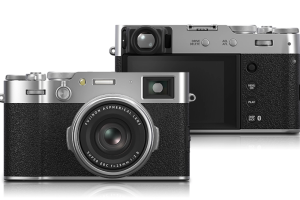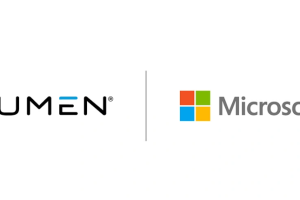February 26, 2024 – At last month’s Galaxy Unpacked event, Samsung teased a brand-new category of wearable devices with a stunning video and a mysterious name – Galaxy Ring. Now, we have gained some additional insights into this intriguing ring, which is expected to hit the market later this year.

Prior to the Mobile World Congress (MWC) in Barcelona, The Verge’s editor Allison Johnson had the exclusive opportunity to get a hands-on experience with a prototype of the Galaxy Ring. According to Johnson, the ring is incredibly lightweight and comes in three color options, although Samsung has emphasized that the final product may undergo changes.

During her hands-on session, Johnson got to try on the Galaxy Ring prototype in three hues: platinum silver, ceramic black, and gold. While photography was not allowed, she noted that the ring was lighter than it appeared and did not feel as bulky as one might expect. The ring has a slightly concave shape and comes in sizes ranging from 5 to 13, which is a slightly wider range than usual for wearable devices. The sizes are marked on the inside of the ring using S to XL designations.
While Samsung’s Vice President of Digital Health, Dr. Hon Pak, did not divulge specific details about the sensors housed within the ring, he did mention sleep analysis capabilities based on heart rate, movement, and respiratory indicators. Dr. Pak also revealed that Samsung’s partnership with Natural Cycles, which has brought menstrual and ovulation tracking to the Galaxy Watch series, would extend to the Galaxy Ring. This puts the device in direct competition with the Oura Ring.

Larger sizes of the Galaxy Ring will feature bigger batteries, although Dr. Pak did not provide exact battery life figures. The ring will support a new feature in the Samsung Health app called “My Vitality Score,” which is based on a model from the University of Georgia and calculates a score based on four factors: sleep, activity, resting heart rate, and heart rate variability. This feature will also be available on the upcoming Galaxy Watch 6, which is expected to launch later this year but will require pairing with a Galaxy S24 series phone. Galaxy Ring users will be able to set specific health goals and receive relevant updates and prompts through a new feature called “Booster Cards,” which will also be available in the Samsung Health app later this year.
Throughout the presentation outlining Samsung’s vision for the future of wearables, Dr. Pak repeatedly described the Galaxy Ring as a step towards building a larger “ambient intelligence” ecosystem – one that offers “home-centered connected care.” This concept relies on data gathered from multiple sources, such as your ring, watch, and even your refrigerator, working together to provide insights and reminders that contribute to your overall well-being. For instance, the system might notify you that it’s been four days since you last ate vegetables, which could be a contributing factor to feeling unwell.
Dr. Pak painted a picture of a holistic system that supports individuals’ health goals rather than bombarding them with disconnected data points. It’s a compelling and aspirational vision, but first and foremost, Samsung needs to execute this ring flawlessly.












